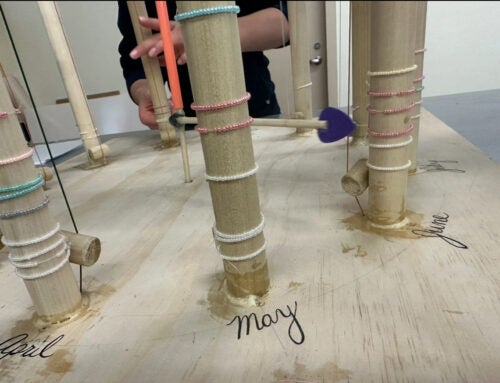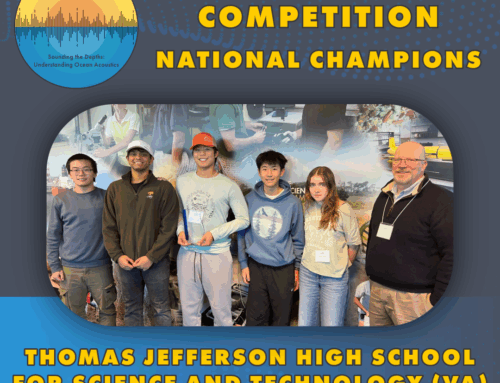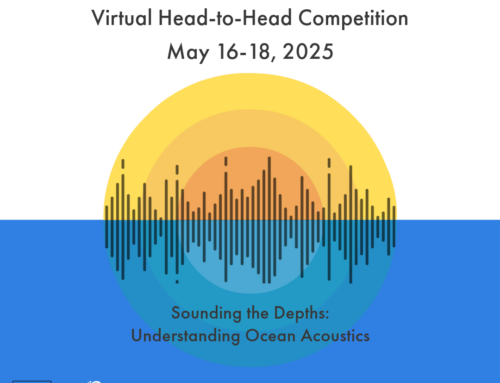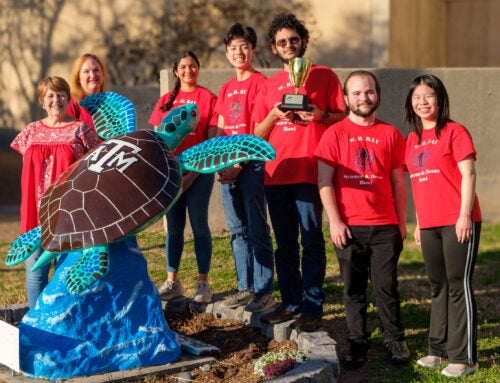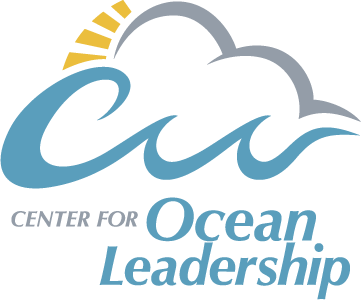The National Ocean Sciences Bowl is excited to host a webinar on January 19th, 2021, at 7:00 PM EST that will allow competing students to “Ask an Expert” all their questions in the marine renewable energy space. We hope competing students will come to the Hangout with their questions on marine renewable energy as they prepare for their 2021 finals competition. Experts from the U.S. Department of Energy, Ocean Renewable Power Company (ORPC), the University of Alaska Fairbanks (UAF), the Pacific Northwest National Laboratory (PNNL), and the National Renewable Energy Laboratory (NREL) will be providing an update on current and future developments in marine and riverine energy technologies along the U.S. coasts in or near polar waters. The ideas currently being developed support coastal resiliency, ocean observations, powering remote communities, and offshore aquaculture efforts.
To view the recorded webinar, please visit the NOSB’s YouTube channel, the NOSB.

Rukmani Vijayaraghavan: Rukmani Vijayaraghavan works on funding mechanisms to support innovation in water power, including prize competitions and WPTO’s Powering the Blue Economy Initiative. Before coming to DOE, she was an AIP/AAAS Congressional Science Fellow when she worked on STEM education and energy and climate issues in Congress. She received a PhD in Astronomy from the University of Illinois at Urbana-Champaign in 2015 and was then an NSF Astronomy & Astrophysics Postdoctoral Fellow at the University of Virginia.

Nathan Johnson: Nathan leads ORPC’s development activities and the implementation of its innovative power systems in cost effective, environmentally responsible ways. He builds strategic partnerships and projects to accelerate new industries and strengthen communities. A native of Long Island, Maine, Nathan has a diverse background that includes renewable energy, commercial fishing, aquaculture, groundwater exploration and development, construction management and environmental engineering.

Jill Brandenberger: As program manager for environmental intelligence, Jill Brandenberger studies the importance of the ocean in our daily lives. Her research interests include Earth and human system measurements and models; climate change impacts on national security; environmental security; resilience in Alaska/Arctic; and science to engineering: translating climate science to engineering design. Until recently, she was also an adjunct professor at Western Washington University. Jill holds a BS in oceanography and an MS in environmental science, both from Texas A&M University.

Molly Grear: Dr. Molly Grear is an ocean engineer and marine biologist working in the Coastal Sciences Division at Pacific Northwest National Laboratory. Her work focuses on the environmental impacts of installing new ocean technology, as well as using biological processes and mechanics to inspire engineering design. Her recent work has also included coastal modeling projects, such as understanding the impacts of storms on coastal infrastructure, resource assessment for wave energy, and modeling offshore macroalgae cultivation. Prior to joining the lab in 2020, Dr. Grear led the National Science Foundation’s portfolio in ocean science and technology policy, including advising the White House Subcommittee on Ocean Science and Technology, as well as assisting in preparing the U.S. National Strategy for Mapping, Exploring, and Characterizing the U.S. Exclusive Economic Zone. Dr. Grear holds a PhD in Civil and Environmental Engineering from the University of Washington, where she studied the potential injury risk of marine mammals from tidal turbine collision through testing and modeling the structural mechanics of whale skin and blubber.

Jeremy Kasper: Jeremy Kasper is a research associate professor and the Alaska Center for Energy and Power (ACEP) deputy director of research and co-director of the Pacific Marine Energy Center at UAF. Before joining ACEP, Jeremy was a postdoctoral investigator with the Department of Physical Oceanography at the Woods Hole Oceanographic Institution. He holds a PhD in oceanography from the University of Alaska Fairbanks and a BA in physics from Reed College in Portland, Oregon. Jeremy thoroughly enjoys his work and likes being around bodies of water, whether they are frozen or liquid.

David Greene: David Greene has worked on water, energy and climate sustainability issues for over 25 years and joined NREL in 2019. For the decade before coming to NREL, he led the climate and resource sustainability efforts at the Austin (Texas) water and wastewater utility. Prior to that, he worked as an environmental consultant and on water and sanitation technology and development efforts internationally. At NREL, David continues to work at the intersection of water and energy: as part of the Water Power team, his core work involves technoeconomic analyses of wave, tidal, and ocean current energy conversion devices at both the utility scale as well as in smaller, sector-specific applications through the DOE Powering the Blue Economy program. He supports NREL’s work to promote hydropower and pumped storage at the municipal and regional level, and is one of the lab experts contributing to the National Alliance for Water Innovation (“Water Hub”).

Levi Kilcher: Levi is an expert in ocean turbulence, tidal processes, and surface waves. He has more than 10 years of experience in data analysis and has spent more than 7 months at sea for research. Levi leads the NREL water power team’s resource assessment and site characterization activities. Additionally, Levi worked under DOE’s Alaska Strategic Technical Assistance Response Team program to help tribal communities throughout the state identify renewable energy and energy efficiency opportunities that fit the climate and met their needs.

